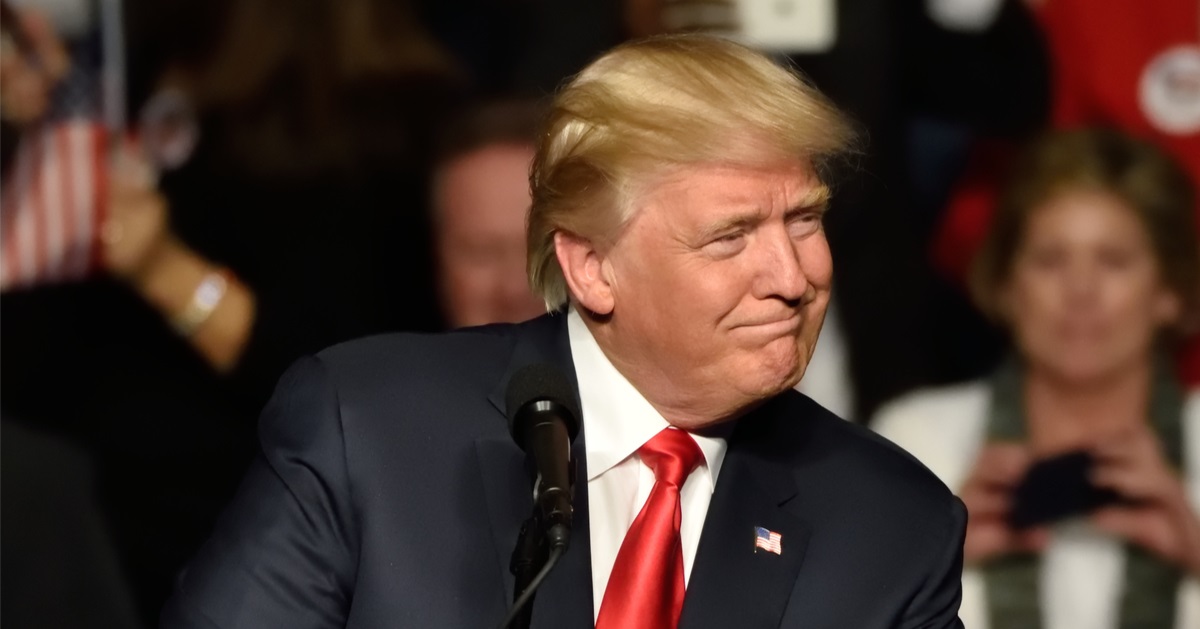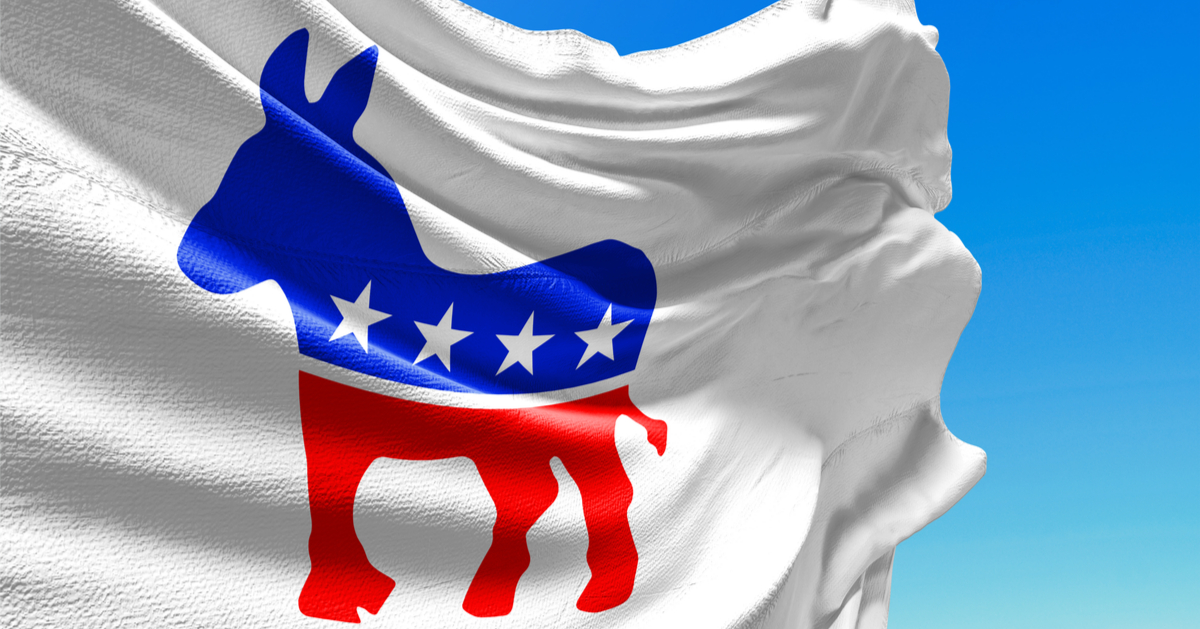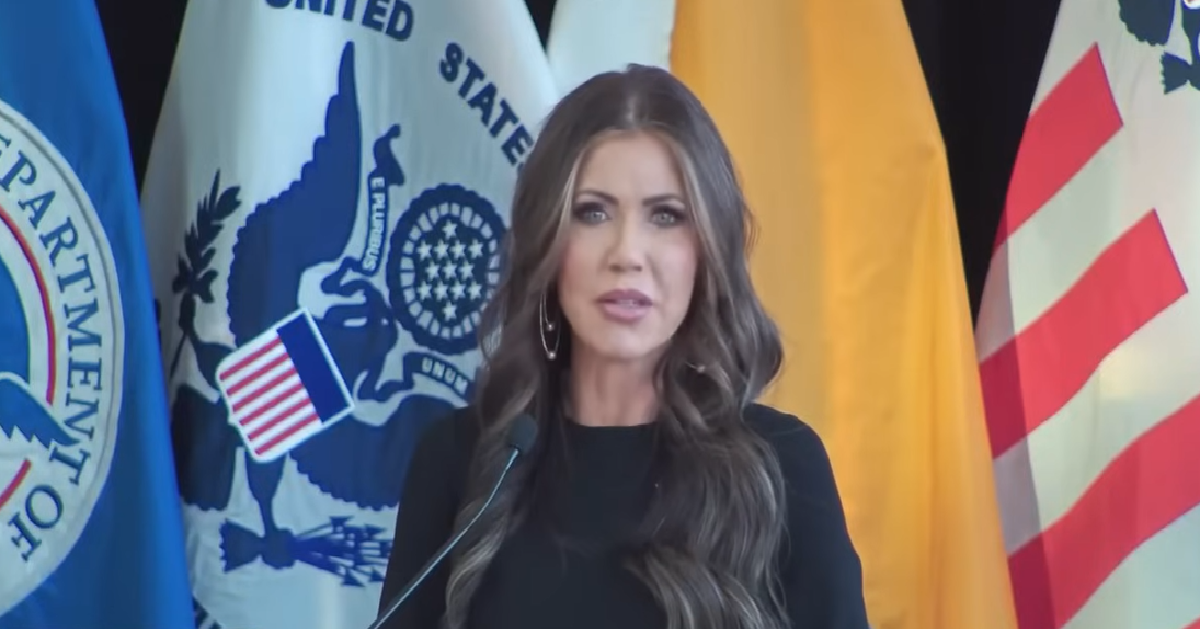Justice Brett Kavanaugh issues stay in case challenging North Dakota redistricting plan
In 2022, several Native American groups challenged a redistricting map that North Dakota put forward the previous year, arguing that it violated the Civil Rights Act.
This week saw Supreme Court Justice Brett Kavanaugh pause changes to the map while America's highest judicial body considers an emergency appeal.
Plaintiffs allege that map violates the Voting Rights Act
According to Courthouse News Service, North Dakota's map is being challenged by Turtle Mountain Band of Chippewa Indians, the Spirit Lake Tribe, as well as three individual voters.
Collette Brown is one of the voters and has also served as a Democratic representative in the North Dakota Legislature since being sworn into office this past January.
Courthouse News Service noted that should the contested map be adopted, then Brown would lose her seat in the 2026 election.
Brown and the other plaintiffs maintain that the proposed map is in violation of Section 2 of the Voting Rights Act, which prohibits racial discrimination against voters.
Appeals court finds that only the DOJ can bring Section 2 claims
Specifically, they contend that the map dilutes the votes of Native American residents, an accusation with which a U.S. district court agreed.
However, the United States Court of Appeals for the Eighth Circuit reversed its decision, instead concluding that lawsuits over alleged Section 2 violations must be filed by the Department of Justice.
That led the plaintiffs to seek temporary relief from the Supreme Court via an emergency stay while the matter is being litigated, something Kavanaugh granted on Wednesday.
The plaintiffs argued in their brief that "[c]itizens in the Eighth Circuit’s seven states now have fewer enforceable rights and protections against racial discrimination in voting than citizens in the rest of the nation. That result is unjust, untenable, and requires action by this court."
Over 400 claims have been brought under Section 2 since 1982
"Section 2 is, and always has been, enforced primarily by private litigants," Brown and her fellow litigants went on to point out.
"Section 2 is, and always has been, enforced primarily by private litigants," then continued before adding, "From 1982 through August 2024, 'private plaintiffs have been party to 96.4% of Section 2 claims that produced published opinions ... and the sole litigants in 86.7% of these decisions.'
Courthouse News Service recalled how more than 400 claims have been brought under Section 2 over the past four decades.
It further stressed that if the Supreme Court were to uphold the Eighth Circuit’s ruling, then it "would upend decades of precedent in appeals courts across the nation."






